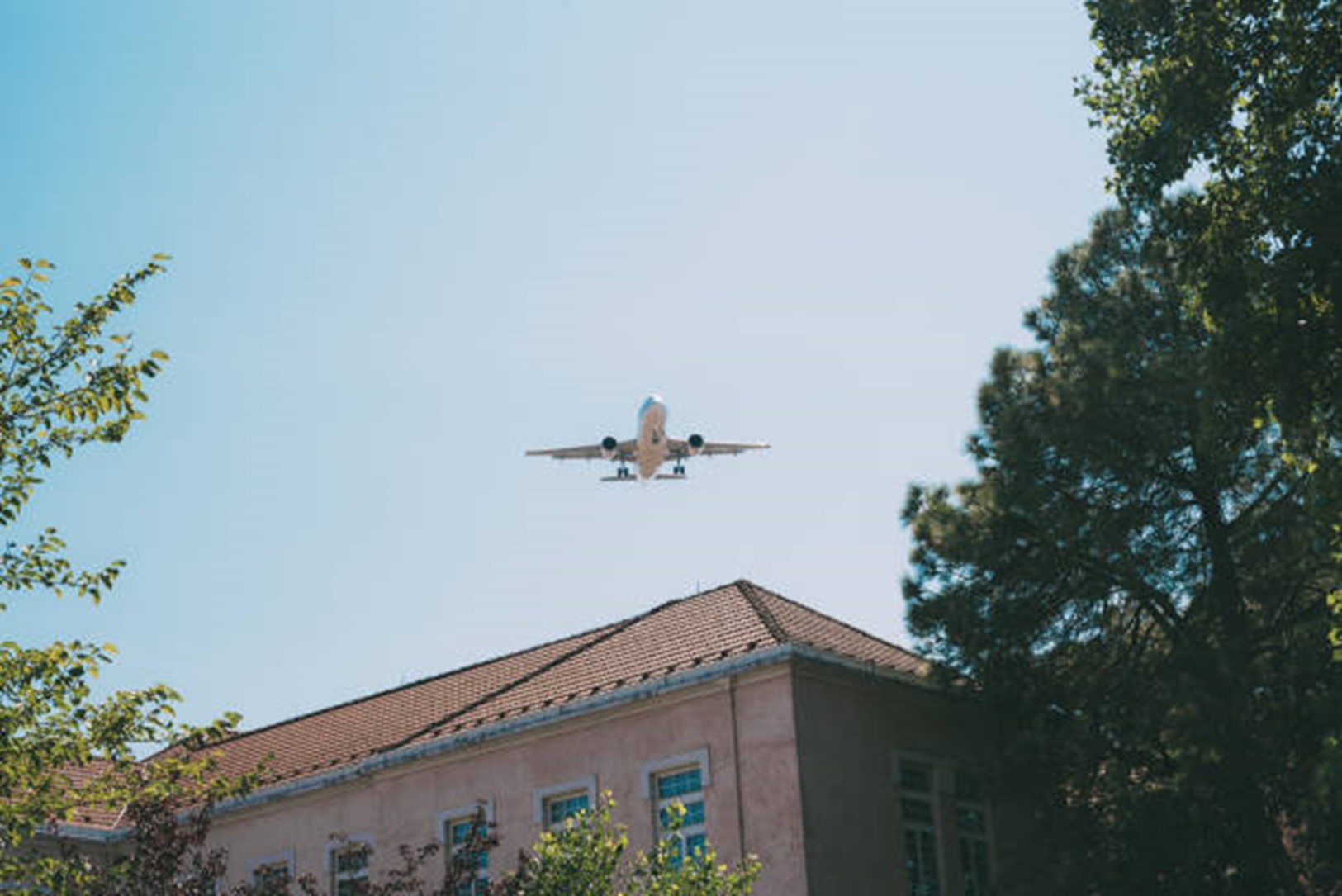
Over the last few years there has been a resurgence of interest in how much of the air you own on your property. Not only are there an abundance of apartment and housing constructions occurring in Queensland but there are also concerns of aeroplanes and drones flying over your property. It is vital that all property owners are aware of any rights they have for airspace above their property and what they can do to minimise not only the risk in the airspace but to their property as well. In this article we will explain whether you can own the airspace above your property and if you do own it, are you able to sell your airspace or buy other property owner’s airspace.
Do you own the airspace above your property?
It is not uncommon for buyers to purchase a property because of its ocean or city view and taking away this view, even if it’s temporary, can diminish the property’s value. While there is no legislation governing how much airspace a property owner owns, Australian court cases have indicated that yes, a property owner owns and has the exclusive right to use the airspace above their land.
While court cases have determined a property owner does own the airspace above them, the height of the airspace you may own is restricted. There is no set height of airspace you own, you own the airspace above your property that is necessary for your ordinary use and enjoyment of your land. This is why aeroplanes are allowed to fly over your property. The height the aeroplanes fly and the flight paths have been designed that they should be at a height that does not reasonably impact your ordinary use and enjoyment of your land.
Can someone enter the airspace you own?
If a developer wishes to enter into your airspace, they require your permission to enter it or else they are considered to be trespassing. If someone does trespass into your airspace without your permission, you can apply to the court to seek relief either through an injunction to stop the trespassing or claim damages as a result of the trespassing.
If someone wishes to enter and use your airspace, it should be documented by entering into a licence agreement to use your airspace. However, before you sign the document and agree to your airspace being used, you should seek legal advice on the terms of the agreement. This will ensure that your rights and interests are not jeopardised, and at minimum the agreement states:
The success of court applications
A majority of court cases have concerned cranes or machines carrying weight that have passed through a property without the neighbouring owner’s consent. The success of these court cases have found in favour for both developers and land owners, varying between granting an injunctions to stop developers from using the airspace to granting the developer access to use the airspace without the landowner’s consent. While the court encourages you to seek and obtain landowner’s consent, the court is more likely to grant access in the following circumstances if:
How to sell and buy airspace
As you own some airspace above your land, you are able to sell it or buy others airspaces. This can be achieved through lodging an easement over the property, which will register your third party interest to access the property (the airspace) in exchange for the monetary compensation you provide to the seller. Easements document rights held on land by people other than the registered owner. The most common types of easements are those held by councils for water sewerage pipes and manholes. Buying airspace gives rise to an interest in that property, lodging an easement will legally protect your interest in the airspace.
If you have any questions or require assistance with a conveyancing matter in Queensland, please contact the property team at NB Lawyers for more information.
Written by
Kayleigh Swift, Associate
NB Lawyers – Lawyers for Employers
[email protected]
(07) 3876 5111

AND
Chloe Skubis, Graduate Law Clerk
NB Lawyers – Lawyers for Employers
[email protected]
(07) 3876 5111

About the authors
Kayleigh Swift is an associate in our Commercial and Property team who assists with Employment Law matters. With a high level of experience in commercial and retail leasing, voluntary and involuntary purchase and sale acquisitions, property development and employee relations, Kayleigh provides practical advice to ensure smooth business transactions.
Chloe Skubis is a Graduate Law Clerk in our Property team who assists with various conveyancing transactions. Chloe is very experienced in residential conveyancing and is a problem solver. She always provides efficient service to all her clients.
Tags – #property #easement # airspace #cranes #propertyowner

